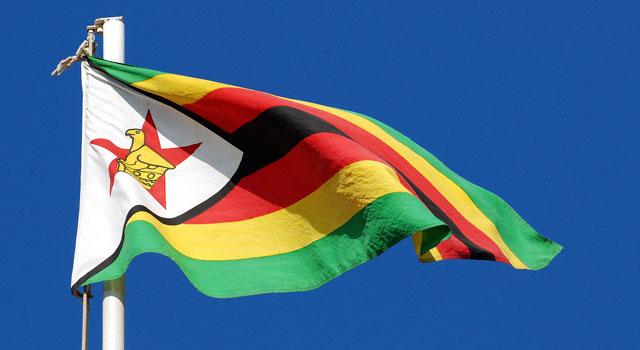News / National
Zimbabwe falters on human rights obligations, says NGO
28 Nov 2024 at 16:55hrs |
0 Views

President Emmerson Mnangagwa's administration continues to underperform in addressing fundamental human rights obligations, according to the latest data from the Human Rights Measurement Initiative (HRMI).
HRMI, an independent non-governmental organization, employs award-winning, peer-reviewed methodologies to assess the state of human rights across 195 countries, including Zimbabwe. The initiative evaluates rights such as education, food, health, housing, and work in line with the International Covenant on Economic and Social Rights, which Zimbabwe has ratified.
Zimbabwe's Poor Performance
HRMI's report revealed that Zimbabwe lags behind other Southern African countries in key areas: Housing: Zimbabwe scored 44.4%, categorized as bad. Neighboring countries such as Mozambique, Botswana, Malawi, Eswatini, South Africa, Lesotho, and Angola performed significantly better. Work: Scored 55.6%, also bad. Health: While scoring higher at 86.1%, it remains under the bad classification.
HRMI co-executive director Thalia Kehoe Rowden criticized Zimbabwe for failing to fully utilize its resources to improve human rights outcomes.
"Our analysis is that Zimbabwe currently has the resources to achieve much more for its people," Rowden said. "We hope to see in future years the government making decisions that lead to better outcomes for the people of Zimbabwe, and these scores steadily improve."
HRMI Zimbabwe country director Nkosi Sibanda highlighted the urgent need for equitable and efficient solutions, particularly in water access and housing.
"As Zimbabwe struggles to fulfil its constitutional promise of safe, clean, and potable water for all, the HRMI data highlights the urgent need for equitable and resource-efficient solutions," Sibanda said. "Access to housing and basic sanitation reflects not just human dignity but the foundation of a thriving society."
Broader Human Freedom Concerns
Earlier this year, Zimbabwe ranked 153 out of 165 countries in the Human Freedom Index, further emphasizing systemic challenges in governance and human rights.
HRMI's report serves as a wake-up call for Zimbabwe's government to prioritize human rights in policy-making. By focusing on resource allocation and addressing systemic inefficiencies, the administration has the opportunity to improve these metrics and enhance the quality of life for Zimbabweans.
HRMI, an independent non-governmental organization, employs award-winning, peer-reviewed methodologies to assess the state of human rights across 195 countries, including Zimbabwe. The initiative evaluates rights such as education, food, health, housing, and work in line with the International Covenant on Economic and Social Rights, which Zimbabwe has ratified.
Zimbabwe's Poor Performance
HRMI's report revealed that Zimbabwe lags behind other Southern African countries in key areas: Housing: Zimbabwe scored 44.4%, categorized as bad. Neighboring countries such as Mozambique, Botswana, Malawi, Eswatini, South Africa, Lesotho, and Angola performed significantly better. Work: Scored 55.6%, also bad. Health: While scoring higher at 86.1%, it remains under the bad classification.
HRMI co-executive director Thalia Kehoe Rowden criticized Zimbabwe for failing to fully utilize its resources to improve human rights outcomes.
HRMI Zimbabwe country director Nkosi Sibanda highlighted the urgent need for equitable and efficient solutions, particularly in water access and housing.
"As Zimbabwe struggles to fulfil its constitutional promise of safe, clean, and potable water for all, the HRMI data highlights the urgent need for equitable and resource-efficient solutions," Sibanda said. "Access to housing and basic sanitation reflects not just human dignity but the foundation of a thriving society."
Broader Human Freedom Concerns
Earlier this year, Zimbabwe ranked 153 out of 165 countries in the Human Freedom Index, further emphasizing systemic challenges in governance and human rights.
HRMI's report serves as a wake-up call for Zimbabwe's government to prioritize human rights in policy-making. By focusing on resource allocation and addressing systemic inefficiencies, the administration has the opportunity to improve these metrics and enhance the quality of life for Zimbabweans.
Source - newsday
Join the discussion
Loading comments…
































